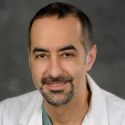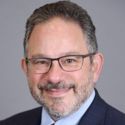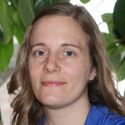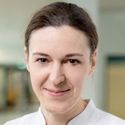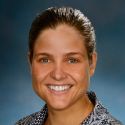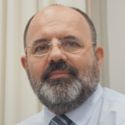Education Committee
The mission of the IPITA Education Committee is to increase access of educational material pertinent to all forms of beta cell replacement to the general public and to providers, operators and researchers in the field of diabetes mellitus to increase awareness of the field and train the next generation of beta cell replacement operators and providers.
The term beta cell replacement encompasses the fields of whole pancreas transplantation, islet transplantation and of regenerative medicine-based technologies aiming at identifying new and potentially inexhaustible sources of transplantable islets and methods to improve cell survival and reduce or eliminate the need for chronic immunosuppression.
Contact
Address
International Pancreas & Islet Transplant Association
c/o The Transplantation Society
740 Notre-Dame Ouest
Suite 1245
Montréal, QC, H3C 3X6
Canada



